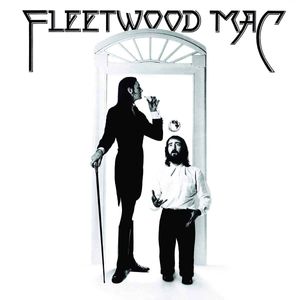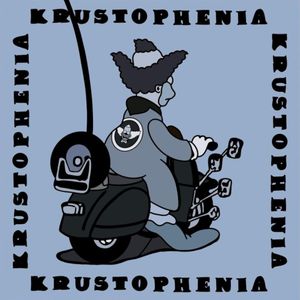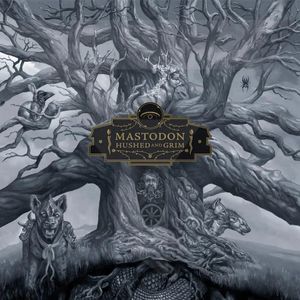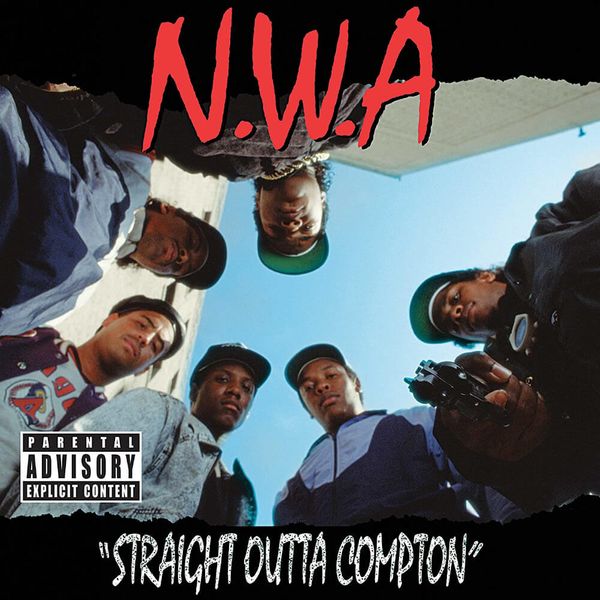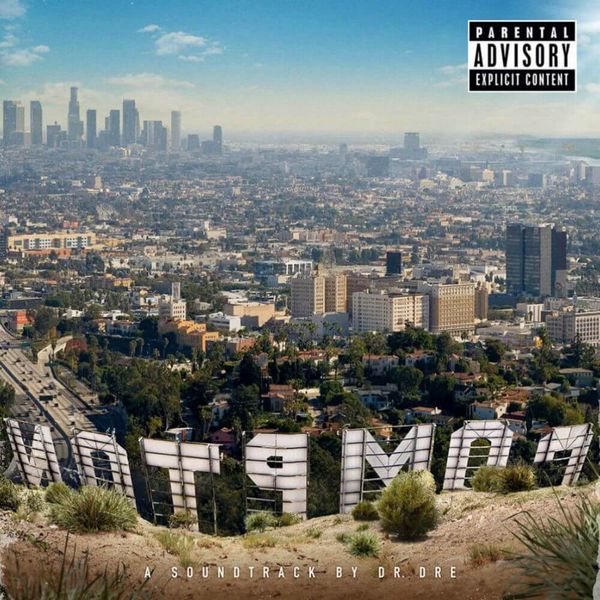The Marshall Mathers LP
Eminem
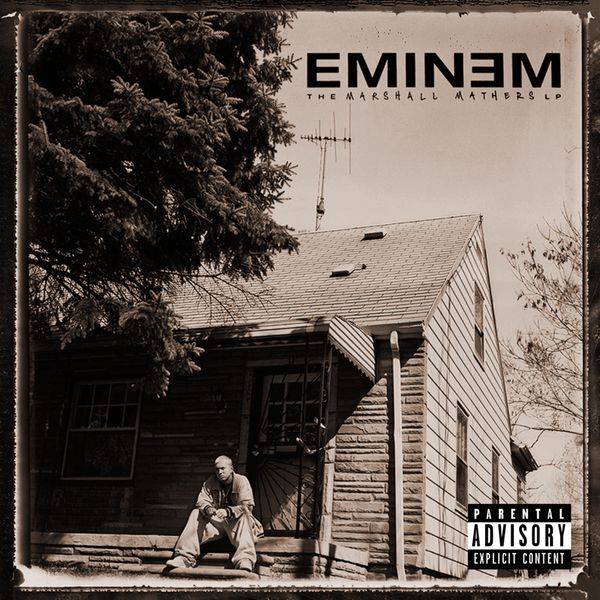

Essential Tracks
- Stan
Favourite Tracks
- Kill You
- Kim
André
Billboard editor in chief Timothy White famously accused Eminem of ‘making money by exploiting the World’s misery’. Whatever way you look at it, White was right. On The Slim Shady LP, his major label debut, Eminem rapped about ripping Hilary Clinton’s tonsils out, potentially raping an unconscious woman, and disposing of his wife’s corpse. He was inevitably labeled as a misogynist and an advocate of domestic violence and, on the surface, there are obvious grounds for such claims. But to Eminem’s credit, one of his finest traits is blurring the line between what is real and what is fiction; what is horror and what is humour. He thrived on controversy. Certain listeners were appalled by his excessive use of the word ‘faggot’, and Eminem’s responded by using the term even more. Slim Shady was an outlet for Marshall Mathers to not only cause mischief but also to expose truths in, let’s say, unconventional ways.
The Marshall Mathers LP is Eminem’s finest accomplishment, but it’s too maniacal to be branded a masterpiece. It succeeds as a surreal yet brilliant expansion of his debut, constantly hovering over the line between reality and the abstract. Slim Shady is at his provocative best on “Kill You” and “The Real Slim Shady”, but this is generally a more autobiographical record. On “The Way I Am”, still one of his greatest ever songs, Eminem takes a savage swipe at mainstream media following their targeted assaults towards artists like Marilyn Manson and himself. “Marshall Mathers” is a direct reaction to his own personal struggles following his almost-overnight success. Part of the intrigue of these more personal cuts derives from the fact that Eminem frequently gets caught between his real self and his fictional personas. Some of the irreverent lines are so detailed that you almost feel bad for laughing, therein emphasizing the often-underappreciated level of Eminem’s expertise as a social satirist.
And then, of course, there’s Dr. Dre, who produced a great chunk of the record, along with Mel-Man, Bass Brothers, and Eminem himself. The sparse, stuttering rhythms of songs like “Kill You” and “Who Knew” provide a perfect space for Eminem’s elaborate wordplay. Simply put, Slim Shady excels with Dre. It’s one of the finest working relationships in hip-hop history, and whilst this bond is more blatant on SSLP, it’s showcased best on MMLP. This is an ugly, grotesque, and often unsettling record, but it’s far too captivating to discredit. It proudly wears its scars on its skin whilst also highlighting the hidden blemishes of others. What is often ignored is that Eminem mocks himself as much as anyone else. Mainstream hypocrisy is his biggest villain, beside himself. The Marshall Mathers LP is an enthralling artistic achievement, and it remains one of the essential records in hip-hop.
Favourite tracks //
- The Way I Am
- Kill You
- Stan
Fred
I think it’s easy to take The Marshall Mathers LP for granted. I certainly do. Which must mean everyone else does to. That's how narcissism works. It’s one of those records that became Great almost as soon as it released, tearing in and doing and saying things in ways people hadn’t heard before.
It remains an excellent reference point for the 21st century fame machine. Eminem announced himself to the world with The Slim Shady LP, the world lost its mind, and Marshall Mathers stepped in for a good old, ‘The fuck?’. The results are cluttered, with cartoonish personas sharing the stage with Marshall Mathers himself, but it all makes a wild kind of sense. Dre’s production beautifully backdrops Eminem’s delivery, which has much harder edges than on The Slim Shady LP. Even the sound effects, which in almost any other context would sound absurd, still feel vivid and real, like Eminem’s mind is spilling over into the music. It’s captivating.
A handful of the songs are and will always be masterpieces. “Stan” still moves me, “Kim” still disgusts me, and “Marshall Mathers” never fails to center the record and open its heart. Things do drop off a little towards the end, with some of the tracks feeling far less consequential, but that’s ok. They still sound great, and in a strange way The MMLP not quite being a masterpiece as a whole makes me like it all the more. I think it’s part of what makes it feel so unfiltered, so essential.
To this day the beats are lush, the flow is strong, the skits land, and I wholeheartedly kiss Slim Shady’s ass. I don’t care about the faux controversy. Eminem can, should, and does say whatever he wants, and it’s marvelous. There’s nothing else like The Marshall Mathers LP, and I doubt there ever will be.
Favourite tracks //
- Stan
- Marshall Mathers
- Kim
Andrew
The Marshall Mathers LP is a weird one. Normally I can shower an album with praise, waxing lyrical about my love for one track or another, enjoying a particular atmosphere of a track and adoring the instrumentation of another. But I don’t love or enjoy a lot of this album and I don’t think that was ever its intention. Instead, I find myself returning to this album to still be enthralled by “Stan”, thoroughly horrified by “Kim” and equally grossed out as I am amused by the “Ken Kaniff” skit. Somehow MMLP hasn’t aged a bit, nor does it wear thin at any point in its 70+ minute play time.
Between the character given to each track in the album’s production and the raw emotion in the vocal delivery, there’s nothing here that isn’t evocative, impressive, and memorable. While there’s no dud instrumental here, tracks like “Kill You”, with its minimal yet effective beat and hook, and “The Real Slim Shady”, with its spiky harpsichord, squelchy bass synth, and abrasive kick-snare rhythm, are elevated above other tracks by their instrumental.
What makes many of Eminem’s early releases so memorable, however, are the caricatures woven into each track. “Marshall Mathers” is one of the less comical tracks on MMLP, yet the sound effects, inconsequential titters and South Park-esque chatter remain part of the furniture. It’s something that’s likely taken for granted by many listeners, especially those that expect the style from Eminem, but it results in tracks that conjure more from the imagination, and this is what makes a track like “Kim” so vivid, terrifying and long-lasting.
All this goes towards a wrapper for Eminem’s dense, interweaving lyrics that cover his sudden rise to fame, his critics, his personal life, and, in some cases, subjects that he mocked simply to piss people off. It’s a warts and all approach that, whether you like it or not, is pulled off pretty impressively. With all that said, I tend to land with the other two in thinking it’s a smidge off the top tier, but it’s a damn good album that I’ve been returning to over the years and still never tire of.
Favourite tracks //
- Kim
- Kill You
- Stan
